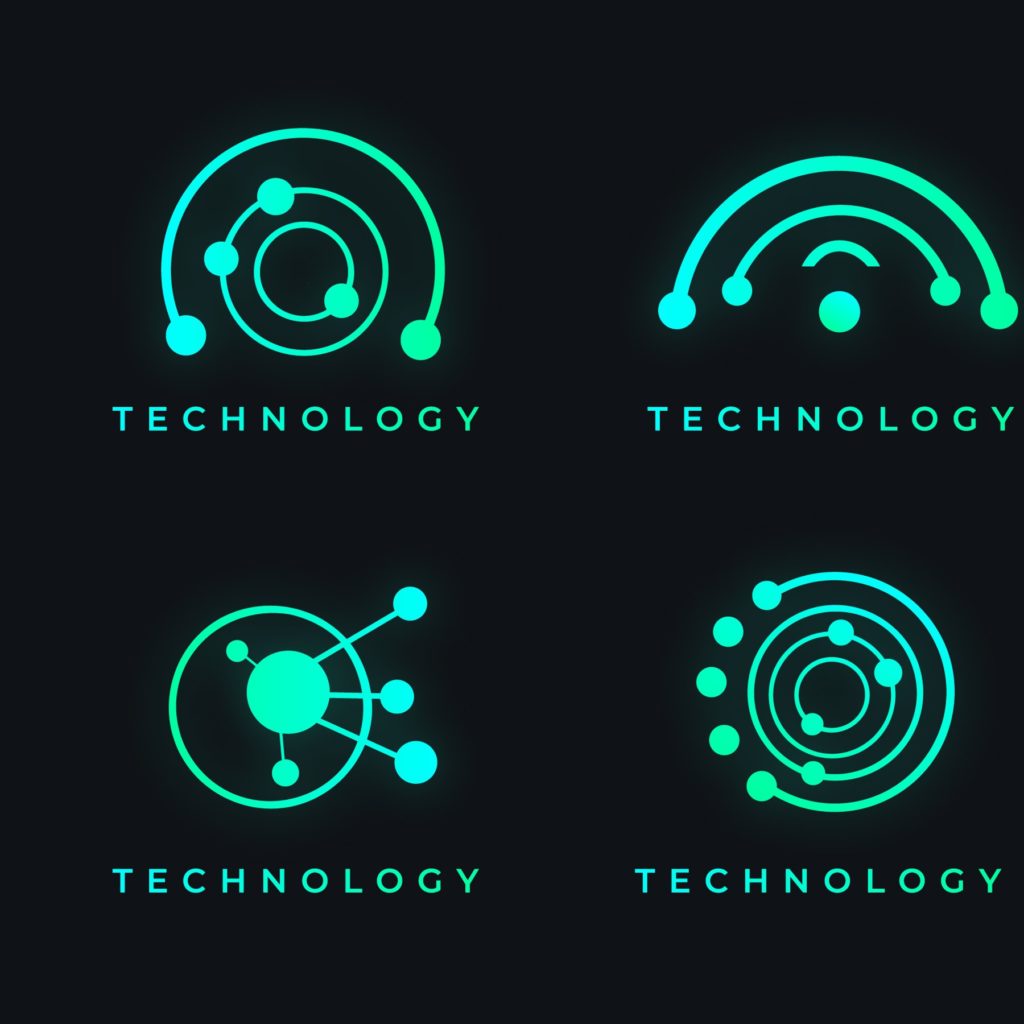Singapore, known as the “Lion City,” has established itself as a vibrant hub for technology and innovation in Southeast Asia. With its strong infrastructure, supportive government policies, and a highly skilled workforce, Singapore attracts numerous IT companies that drive the nation’s digital transformation. In this blog post, we will delve into the world of IT companies in Singapore, exploring their contributions, successes, and the factors that make Singapore an ideal destination for technology-driven businesses. Join us as we uncover the thriving IT landscape and delve into the key players shaping Singapore’s digital future.
I. Singapore’s Tech Ecosystem
- Government Support:
- Pro-Business Policies: The Singaporean government has implemented pro-business policies, including tax incentives, grants, and funding schemes, to foster innovation and entrepreneurship in the tech sector.
- Infocomm Development Authority (IMDA): IMDA plays a crucial role in promoting the growth of the tech industry by facilitating regulatory frameworks, fostering collaborations, and providing resources for tech companies.
- Strong Infrastructure:
- World-Class Connectivity: Singapore boasts a robust and reliable telecommunications infrastructure, including high-speed internet connectivity, essential for the smooth operation of IT companies.
- Technological Hubs: Dedicated technology parks and innovation centers, such as One-North and Jurong Innovation District, provide a conducive environment for IT companies to collaborate and thrive.
II. Key Players in Singapore’s IT Industry
- Established IT Companies:
- Grab: A prominent Southeast Asian tech company known for its ride-hailing and food delivery services, Grab has expanded its operations to various digital services, including digital payments and logistics.
- Sea Group: Originally an online gaming company, Sea Group has diversified into e-commerce and digital financial services, operating under the brand name Shopee and SeaMoney, respectively.
- Razer: Recognized globally for its gaming hardware and software, Razer has expanded its product offerings to include mobile devices, virtual currency, and cloud gaming services.
- Startups and Scale-ups:
- Carousell: A popular online marketplace, Carousell allows users to buy and sell pre-loved items through its user-friendly mobile app.
- Lazada: One of the largest e-commerce platforms in Southeast Asia, Lazada offers a wide range of products and services, connecting consumers and sellers in the region.
- Ninja Van: A technology-enabled logistics company, Ninja Van specializes in last-mile delivery solutions, optimizing efficiency and customer experience.
- Innovative Tech Solutions:
- Data Analytics and AI: Companies like Nugit and DataRobot provide advanced data analytics and AI solutions, helping businesses make data-driven decisions and automate processes.
- Fintech and Digital Payments: Singapore is home to notable fintech companies such as Nium (formerly InstaReM) and Toast, offering innovative payment solutions and revolutionizing the financial industry.
- Cybersecurity: Companies like Horangi and Acronis focus on cybersecurity solutions, safeguarding digital assets and protecting businesses from cyber threats.
III. Factors Driving Success
- Skilled Workforce:
- Educational Institutions: Singapore’s renowned universities and educational institutions produce a pool of tech talent equipped with cutting-edge knowledge and skills.
- Foreign Talent Attraction: The country’s open immigration policies attract global tech professionals, fostering a diverse and highly skilled workforce.
- Innovation and Research:
- Research Institutions: Collaboration between IT companies and research institutions like the Agency for Science, Technology and Research (A*STAR) promotes technological advancements and innovation.
- Incubators and Accelerators: Programs and initiatives offered by organizations like SGInnovate and BLOCK71 support startups and provide them with mentorship and resources.
- Global Connectivity:
- Strategic Location: Singapore’s strategic geographical location serves as a gateway to the rapidly growing markets of Southeast Asia and beyond, enabling IT companies to expand their reach.
Conclusion
Singapore’s thriving IT industry has positioned the city-state as a global tech hub, attracting both established companies and startups alike. With a supportive government, robust infrastructure, skilled workforce, and a culture of innovation, Singapore continues to foster technological advancements and drive digital transformation. As the country remains committed to its Smart Nation vision, we can expect more IT companies to establish a presence in Singapore, shaping the future of technology and innovation in the region. Whether you’re a tech enthusiast, an entrepreneur, or simply curious about the evolving tech landscape, Singapore’s IT industry offers a vibrant and dynamic ecosystem to explore, collaborate, and thrive in the ever-changing digital world.



